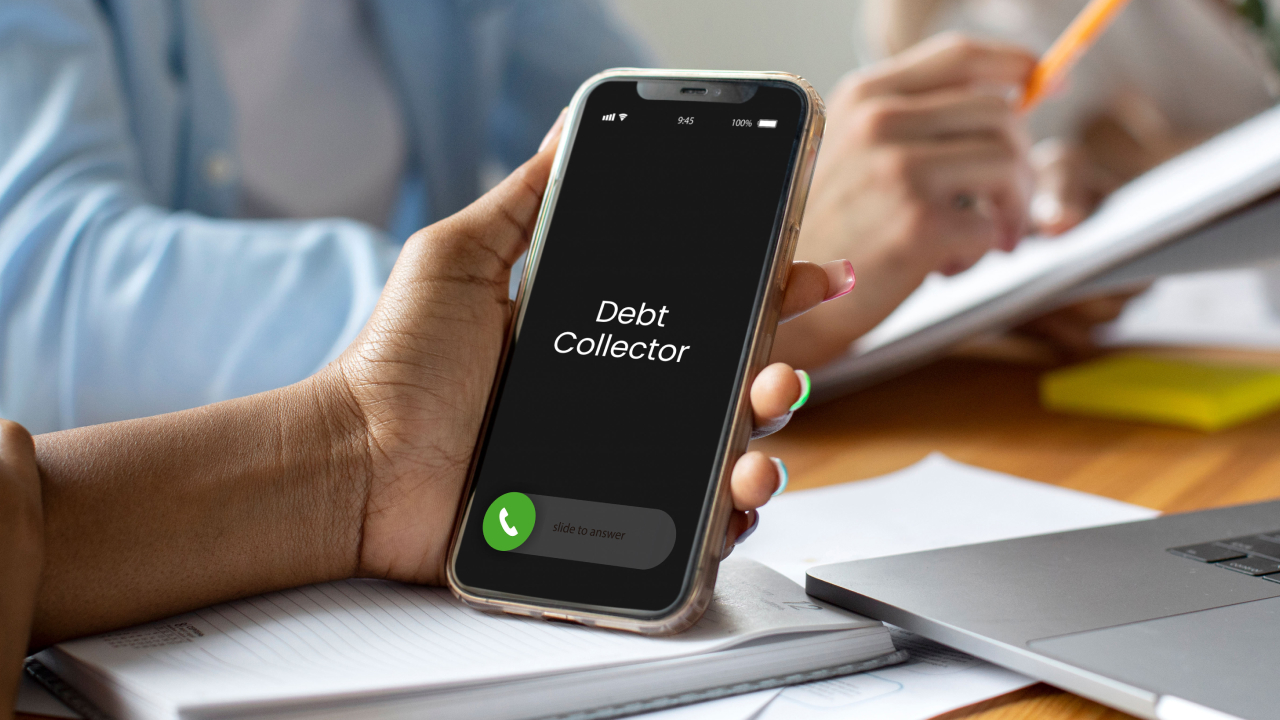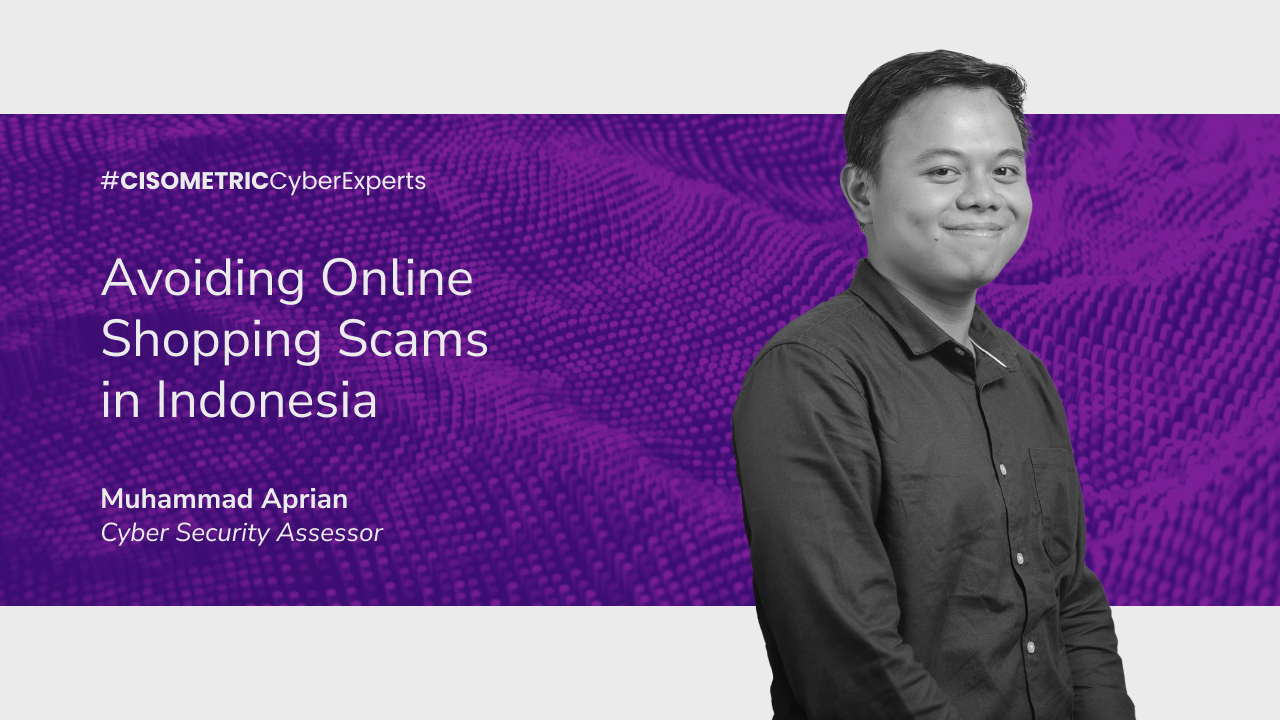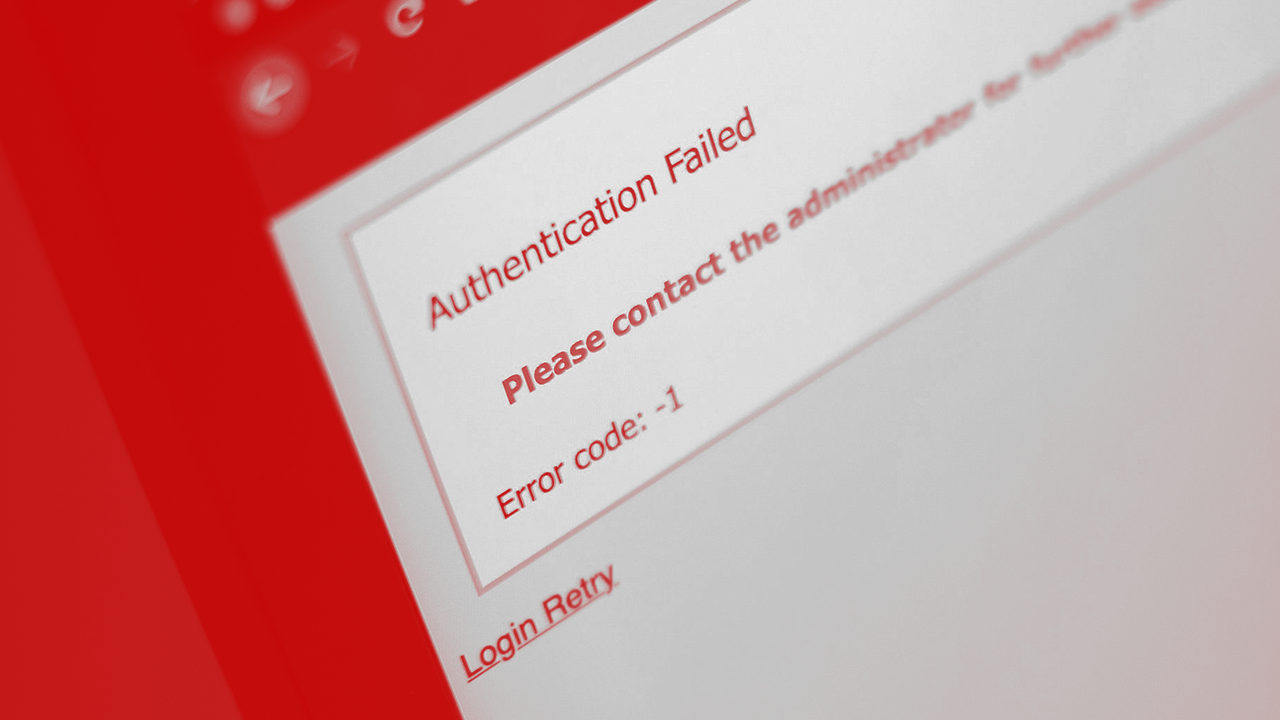By Patricia A. Pramono • Studio 1080, Published on November 26, 2024
TABLE OF CONTENTS
Picture this: you received spam calls from a debt collector, claiming you’ve been listed as an emergency contact for someone’s online loan. You’re confused—you never gave your consent to be listed, let alone knew about the loan. How could this happen?
This unsettling scenario has become more common in the era of online loans (pinjol / pinjaman online), which offer instant access to funds but often lack the accountability to protect innocent parties. Borrowers frequently list emergency contacts—friends, family members, or even strangers—without seeking permission or informing them. The result? Individuals are being drawn into financial problems they had no role in creating, often facing harassment, terrors, stress, and damage to their reputation from loan sharks.
Many people are unaware of the risks associated with this emergency contact misuse. Thus, understanding how these situations occur, the potential consequences, and your rights can help you take the necessary steps to protect yourself. In this article, we’ll explore how emergency contacts are misused, the difference between legal and illegal loan practices, and actionable steps you can take if you find yourself caught in this situation.
How You Could End Up as an Unwilling Emergency Contact
Becoming an emergency contact for an online loan often happens in ways you might never expect. Borrowers, in their rush to secure a loan, are frequently required to provide emergency contacts to complete their application. While this might seem like a mere formality, the way many borrowers go about it can lead to significant consequences for others.
In many cases, borrowers don’t think twice about whose numbers they include. They might scroll through their phone books and pick a name at random, copy a number from a package delivery label, or even use numbers found on social media profiles. Some don’t even notify the people they’ve listed, let alone ask for their permission.
You may never even know you’ve been listed until the borrower is having difficulties on their loan and collection agencies start calling you. These collectors, especially those working for illegal or unregulated lenders, often bypass the borrower entirely and target emergency contacts instead. Their goal? To use pressure tactics—such as repeated calls, intimidating messages, or even threats—to push you into persuading the borrower to repay their debt.
What makes this even more frustrating is that, legally, emergency contacts are not responsible for the borrower’s loan. However, that doesn’t stop collectors from treating you as though you are. You might find yourself dealing with relentless communication, stress, and confusion, all for a situation you didn’t consent to be part of. Worse still, if this happens through an illegal loan service, there’s often little regard for ethical or legal boundaries, leaving you vulnerable to online terror and invasion of privacy.
The Consequences of Being Listed Without Your Consent
Being an unwilling emergency contact can lead to:
-
Unwanted Calls: Debt collectors might call you repeatedly, using aggressive or manipulative tactics
-
Reputational Damage: People around you might assume you’re connected to the debt, potentially harming your credibility
-
Privacy Violations: Your personal information gets dragged into a situation you never agreed to, which is unfair and intrusive
Spotting Legal vs. Illegal Online Loan Practices
Online loan services may seem similar, but there’s also a significant difference between legal, regulated providers and illegal, unregulated ones. Understanding this difference is critical for protecting yourself, especially if you’ve been wrongfully listed as an emergency contact.
Legal loan services operate under the oversight of the Indonesian Financial Services Authority (Otoritas Jasa Keuangan, or OJK). These companies must adhere to strict regulations designed to protect both borrowers and their contacts. For example, they cannot harass emergency contacts for debt repayment. Their use of emergency contact information is limited to identity verification during the loan application process. They may contact you to help remind the borrower for repayment, but will not extend to aggressive collection tactics.
In contrast, illegal lenders often operate outside these boundaries. They exploit loopholes and rely on aggressive, unethical practices to recover debts. This includes harassing emergency contacts, even when those individuals have no legal obligation to the loan.
Here are some practical tips to distinguish between legal and illegal operations:
-
Check for OJK Registration: Legal loan services in Indonesia must be registered with OJK. You can verify this by checking the OJK’s official website, contacting their hotline at 157 or WA at +6281157157157
-
Review Their Collection Practices: Legal lenders only contact borrowers or emergency contacts for verification purposes, reminders and will never use harassment, threats, or aggressive tactics to collect payments
-
Look for Clear T&Cs: Legal providers are transparent about their interest rates, repayment terms, and fees. Illegal services often hide these details, making it easy to trap borrowers in excessive debts
-
Examine the App Permissions: Legal loan apps only request necessary permissions, such as access to the borrower’s contact information with consent. Illegal apps often ask for invasive permissions, like full access to phone’s contact list or media files, which they may misuse
-
Research Customer Experiences: Look for reviews or complaints online. If you notice patterns of harassment or unethical practices, it’s a red flag
-
Test Their Customer Service: Reach out to the company’s customer service before engaging with them. Legal companies have professional and responsive support channels. Illegal ones may have poor or non-existent customer service
What to Do if You’re Listed Without Consent
If you’ve been caught in this predicament, don’t panic. Here are practical steps you can take:
-
Talk to the Borrower: If you know the borrower, ask them to remove your number from the emergency contact list
-
Contact the Loan Company: Request the company to delete your number, especially if it’s a legal lender
-
Report to OJK: If the lender is unresponsive or illegal, file a complaint to OJK
-
Block Harassing Numbers: If the harassment persists, stop calls and messages from specific numbers by blocking them
-
Inform Authorities: If the harassment escalates, report it to local authorities for further action
-
Gather Evidence: Document every interaction, such as call logs, screenshots of messages, and notes on what was said during phone calls. This evidence will strengthen your case if you report the harassment to OJK or authorities
-
Educate Yourself on Your Rights: Familiarize yourself with consumer protection laws and OJK regulations. Know that you’re not legally responsible for someone else’s loan
-
Check Your Contact List Privacy Settings: Limit who can access your contact information, especially on apps and social media. Avoid sharing your number publicly or with services that don’t require it
-
Warn Others in Your Network: If you suspect the borrower might list other people’s numbers as emergency contacts as well, consider informing them to be cautious and proactive about their privacy
-
Seek Legal Advice: If the harassment continues or if your personal data is being exploited, consult a legal professional to explore options for taking action against the company or borrower
Preventing This from Happening Again
Protect yourself further with these tips:
-
Enable Two-Factor Authentication (2FA): Use 2FA on your email and social media accounts to prevent unauthorized access that could expose your personal information
Also read: Protect Your Accounts with 2FA – It's Easier Than You Think!
-
Check Your Credit Report: Although uncommon, keeping tabs on your credit report ensures that no unauthorized loans have been taken in your name, one of the ways is through this link: idebku.ojk.go.id
-
Monitor Online Mentions of Your Phone Number: Use tools like Google Alerts or other search services to check if your number is being shared online
-
Avoid Sharing Contact Details in Public Settings: Refrain from writing your number on public forms, social media platforms, or any space where it can be easily accessed by strangers
-
Be Aware of Package Label Privacy: Shred or remove labels with your contact information from packages before discarding them to prevent strangers from obtaining your number
Also read: Financial Online Scams to Watch Out For This Year
For more cybersecurity insights and tips to protect yourself online, follow our social media:
References:






